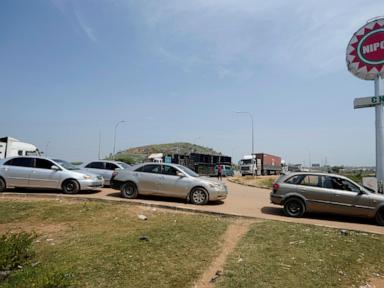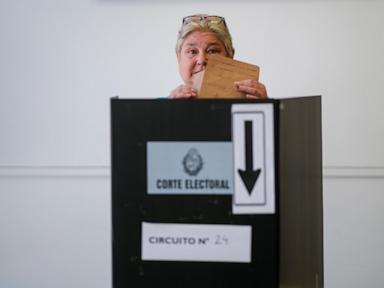ARTICLE AD BOX
In a joint article published in The Guardian, finance and economy ministers from eight European countries called for tougher sanctions on Russia and Belarus in the energy, technology and financial sectors.
The finance ministers of the Baltic states, Poland, Finland, Sweden and the Netherlands, as well as the Danish economy minister, called for increasing sanctions pressure on Russia and taking similar measures towards Belarus.
The article said: “Sanctions should be tightened, especially in strategic sectors such as energy, banking, and technology, and oversight of the implementation of existing sanctions should be increased.”
The European ministers believe that the West must ensure the rapid and effective implementation of the G7 agreement on providing loans to Kiev. At the same time, they believe that Russian assets should remain frozen. They also pointed to the need to work on closing the "loopholes" that they claim Russia uses to circumvent Western restrictions.
The authors of the article pointed out the importance of imposing similar sanctions on Belarus and increasing pressure on other important countries in East Asia and the Middle East that are circumventing sanctions.
Earlier, Russian President Vladimir Putin said that Western sanctions imposed on Russia did not create obstacles that Russia could not overcome, and he expressed hope that this would continue in the future.
The Russian Foreign Ministry described the freezing of Russian assets in Europe as theft, noting that the European Union is targeting not only individuals' money, but also Russian state assets.
Russian Foreign Minister Sergei Lavrov said that the Russian Federation also has the possibility of not returning the money held by Western countries in Russia.
Russian Presidential Press Secretary Dmitry Peskov described plans to use income from the Russian Federation's foreign assets to buy weapons for Kiev as "bandit actions" and warned that Moscow would respond "in kind" in one way or another.
.png)
 4 months ago
2
4 months ago
2









 English (US)
English (US)